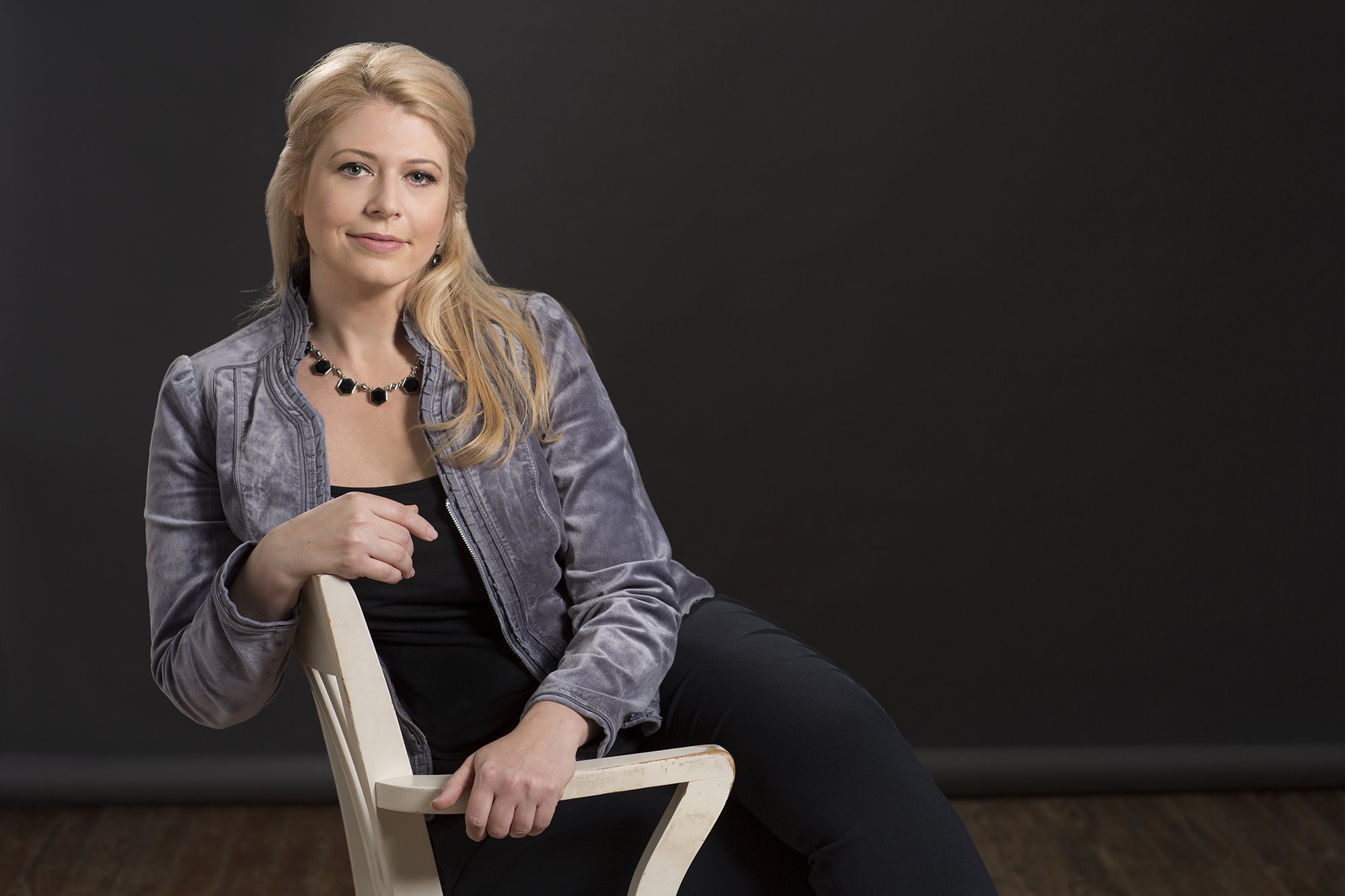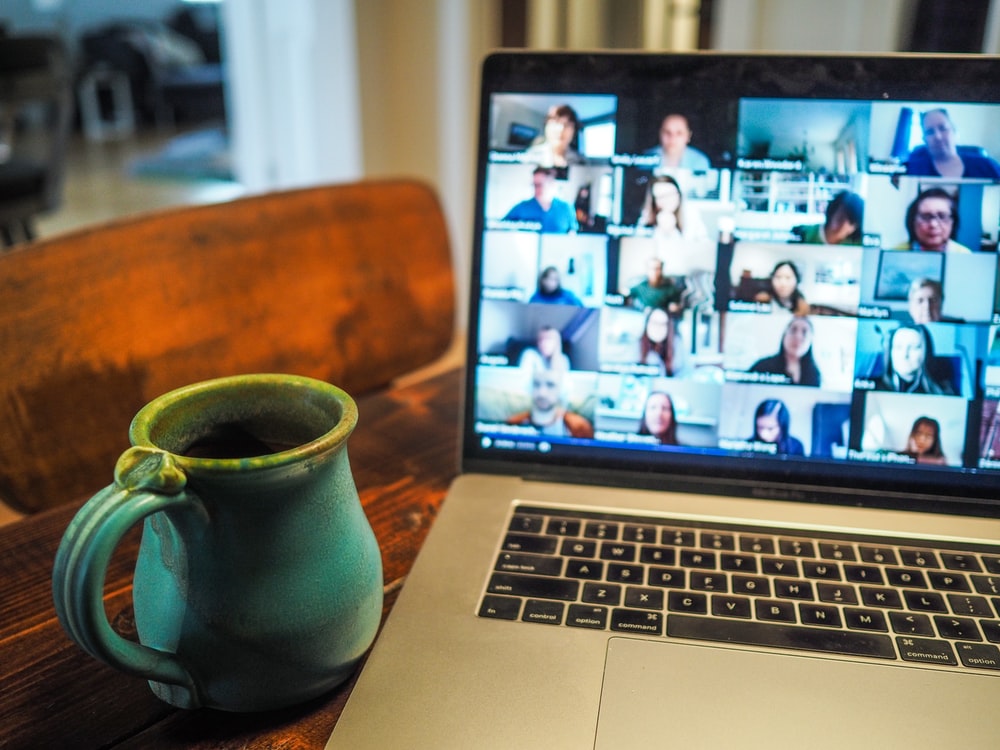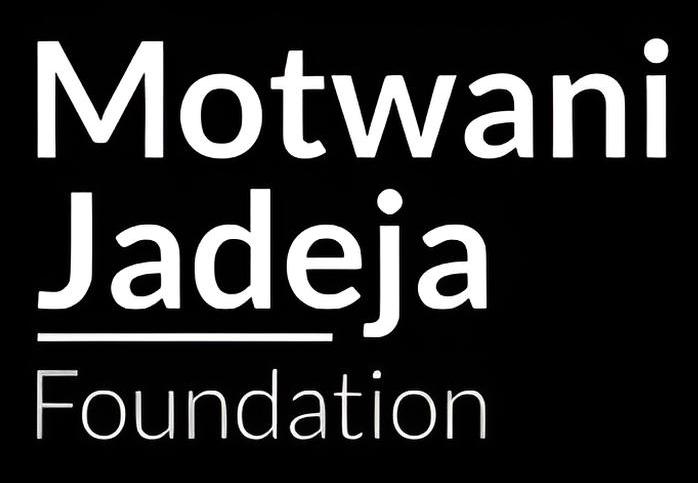Millennials use Facebook to keep up with friends in grade school, college, or those who have moved to other cities. It is convenient but seemingly less personal than the experience of a Baby Boomer who uses Facebook to connect with friends. I saw this firsthand when I talked about the joys of online communication with Linda, a 59-year-old woman from Kingwood, Texas.
Linda had an extremely positive childhood. Her parents taught her the importance of positivity and helped her develop a good sense of humor. She was a mischievous daredevil who loved to play outside in the irrigation ditches, but she also learned how to work hard and cherished the experience of being surrounded by a large family and group of friends. She grew up with an overwhelming sense of excitement and optimism about her future which she developed due to her supportive and loving family.
In high school, Linda was very social. She loved to spend Friday nights with her friends, piling six to eight people into a convertible to go driving around. The group would find thrills in driving through cemeteries and after they munched on fries at the nearest fast food stop. It was a simple life, but Linda loved it.
Linda grew up in Salt Lake City, Utah but moved to Dallas, Texas and then Boise, Idaho during her childhood. As a teenager, moving to Boise initially made her furious. Linda, however, took up the art of writing letters to her friends in both Salt Lake City and Dallas. Linda came to realize that upholding her friendships through letters was important to her, and she still has all of the letters her and her childhood friends exchanged to this day.
When we started discussing technology, Linda told me about the excitement she and her best friend experienced when her friend bought her very own pink telephone for her bedroom. Reminiscing, Linda feels like she avoided much of the technology movement growing up as she went off to college and felt intimidated by the innovation. To this day, Linda still struggles with technology and fully believes she could benefit from a “cell phones for dummies” class.
At 40-years-old, Linda got her first cell phone—a Motorola flip phone. At first she did not see a real use in the phone, especially with the expensive calling fees, but after a short time Linda realized she greatly depended on her phone for communication. She bought her first smartphone four years ago and reflected with me on the differences between her young adult life with little communication and her life now, where she experiences that well-known panic we feel when we forget our cell phones at home.
7 years ago Linda created a Facebook page. She immediately became a “Facebook addict” and had the best time collecting friends. Linda did not, however, collect random friends but rather spent time finding all of her friends from elementary, middle, and high school. She found many of them by either searching their names or by scrolling through a friend’s friend list. Some of these friends were those that she spent many hours writing letters to, while others were friends that she thought she had lost contact with for good.
Now that Linda is reconnected with so many old friends, she enjoys keeping up with them by reading Facebook statuses, looking at pictures they post, or chatting on messenger. Furthermore, finding these friends on Facebook has connected them deeply as Linda now has many of their email addresses and cellphone numbers. This easy accessibility Facebook gave Linda has opened up her realm of communication vastly. While she has not necessarily been able to visit friends that she connected with in Boise or Salt Lake City, Linda has been able to reconnect with and visit old friends that live nearby in Louisiana.
Creating a Facebook was a positive experience for Linda because it greatly enriched her life with friendships. These friendships added more dimensions to her life, broadened her perspectives, and continually show her the importance of maintaining relationships. She is grateful for the impact Facebook makes in her life and is hopeful that it will continue to create wonderful memories for her and her friends.
As a whole, Linda learned that technology can survive friendship. With a background involving a nurturing, supportive family, innovation that upholds relationships has become incredibly important to Linda. Technology such as Facebook encouraged her to pursue online ancestry searches that continue to reflect the importance of friends and family in Linda’s life. Technology, according to Linda, can only make our lives better when it is used productively. She loves how much she can learn with the simple click of a button and is anticipating the directions technology will take us in over the next five to ten years. Linda loves to see improvement and happiness in her life and in other’s, so she feels exceedingly optimistic about the rapid progress happening in technology.



































